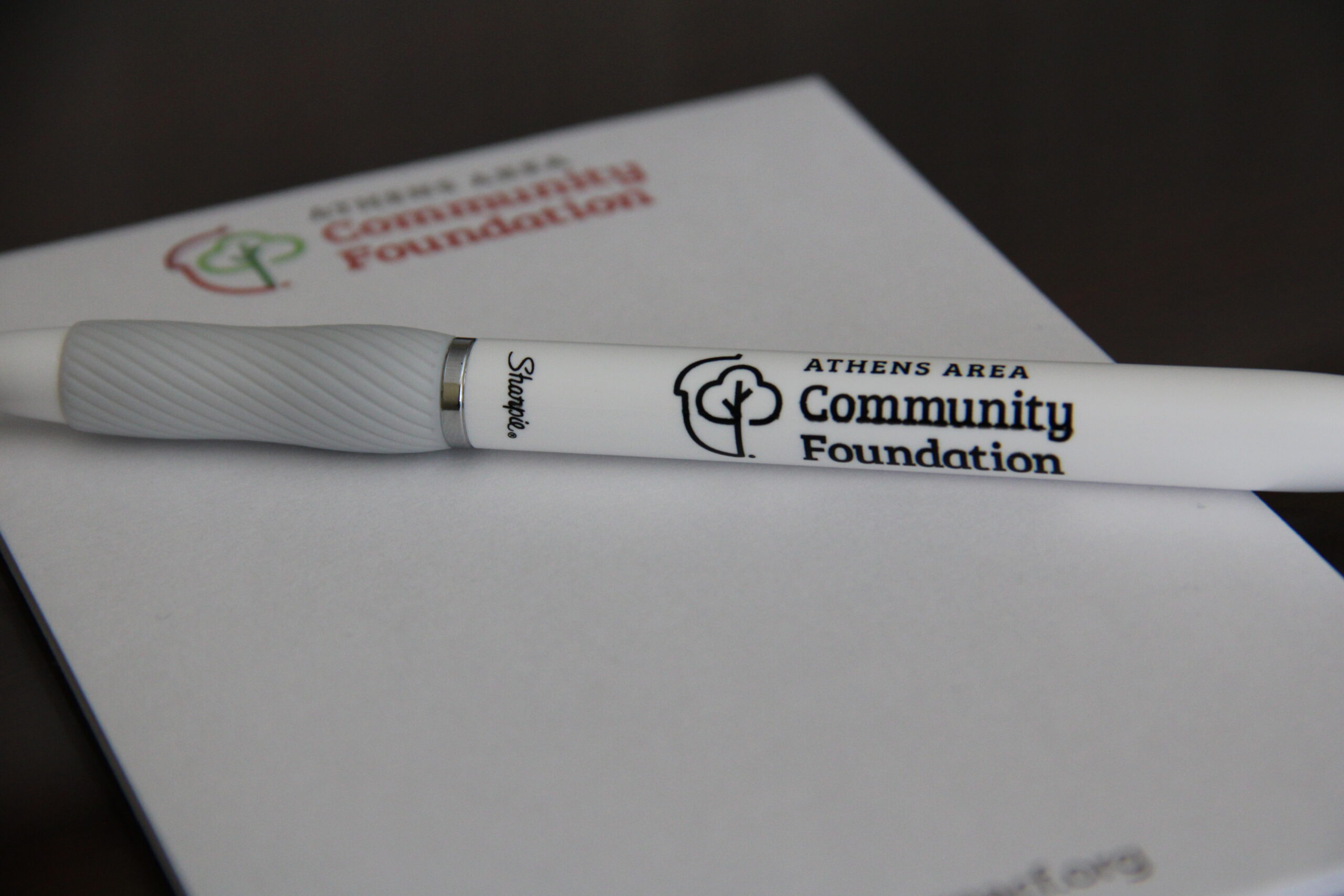Blog
Latest Changes in Donor-Advised Fund Regulations: What You Need to Know

Last November, the Treasury released proposed regulations concerning donor-advised funds (DAFs). These regulations, although still in the proposal stage, have garnered significant attention, especially following the IRS hearings on May 6–7, 2024. The Athens Area Community Foundation is closely monitoring these developments to provide the latest insights and guidance for you and your clients. Here is what we know so far.
Proposed Changes and Community Concerns
The proposed IRS regulations for donor-advised funds (DAFs) aim to redefine how DAFs operate and are classified. Key points include:
- Personal Investment Advisor: Defining a PIA as a donor advisor, with recommendations to strike or modify this provision.
- Broad DAF Definition: Potentially reclassifying various funds, impacting their operations.
- Distribution Definition: Lacking a carve-out for administrative expenses, with calls for alignment with grant definitions under Section 4945.
- Effective Date/Retroactivity: Concerns about retroactive application and requests for a transition period.
These changes could affect how DAFs and related funds are managed and taxed.
During the recent hearings, over 150 organizations submitted comments, with 34 in-person speakers, including representatives from community foundations like the AACF. Commenters highlighted the benefits of DAFs and other fund types that might be reclassified under the new regulations. These benefits include lower administration costs, higher compliance resources, and the ability to undertake large-scale programs using the administrative support of sponsoring organizations.
Other comments addressed issues like the anti-abuse rule, advisory committee rules, and the treatment of DAFs compared to private foundations. Some community foundation representatives expressed concerns that the regulations could disadvantage them compared to national DAFs with better investment options, potentially diverting assets away from community foundations.
Alternative Fund Options and Strategic Giving
If these regulations do pass, foundations and clients may search for alternatives to better meet client needs. While donor-advised funds are popular for their flexibility and tax benefits, other fund types can also be effective, depending on your client’s goals. Field-of-interest funds and designated funds allow clients to support specific causes or organizations they care about. Unrestricted funds provide the flexibility to address future community needs that cannot be predicted, benefiting from the community foundation’s perpetual structure.
A major advantage of these alternative funds is their eligibility to receive Qualified Charitable Distributions (QCDs). This tax-savvy tool allows clients aged 70 ½ or older to make direct transfers from their IRAs to charity, reducing taxable income.
Staying Ahead with the Community Foundation
The Athens Area Community Foundation is dedicated to helping you and your clients maximize the impact of their charitable giving, regardless of the outcome of the proposed regulations. Our team is always available to discuss the best strategies and fund options to meet your clients’ philanthropic goals. By staying informed and adaptable, we can continue to support the community effectively and ensure that charitable contributions are used in the most impactful way possible.
We look forward to partnering with you to navigate these regulatory changes and to help your clients achieve their charitable aspirations. Stay tuned for further updates as we continue to monitor the situation and provide the latest information and guidance.
 Return to Blog
Return to Blog